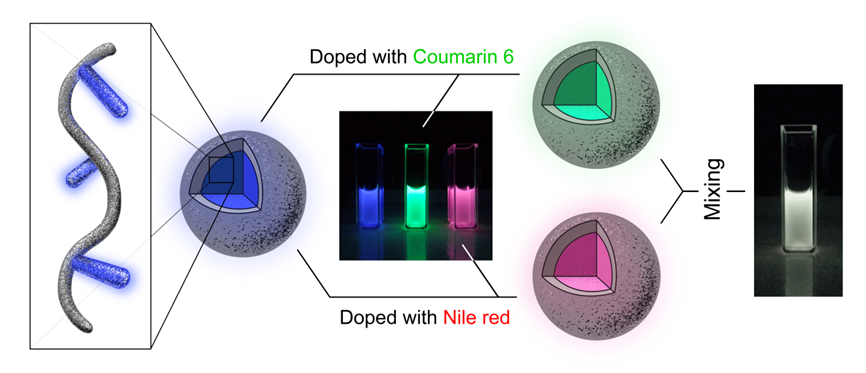Paper of the week (Aug. 26) in Polymer Chemistry
Chao Deng, Peng Jiang, Xiaobin Shen, Jun Ling and Thieo E. Hogen-Esch, Polym. Chem. 2014, 5, 5109-5115.
‘Fluorescence is a powerful tool in a variety of applications, ranging from optical to analytical materials (detection of small molecules and protein studies) because of its exquisite sensitivity, cost-effectiveness, facile operation, and superb spatial and temporal resolutions. Fluorescent organic nanoparticles derived from conjugated polymers have attracted significant interest due to their variable optical, electronic, and other properties such as facile preparation and functionalization. Among conjugated polymers used in organic nanoparticles, polyfluorene (PF) and its derivatives are considered to be of special interest because of their thermal/chemical stability, high fluorescence quantum yield and significant charge carrier mobility.’

In this work, Ling, Hogen-Esch and co-workers reported a styrene-type macromonomer containing polyfluorene pendent group (PFS), which allowed the convenient synthesis of well-defined copolymers of PFS with t-butyl acrylate by both RAFT and ATRP polymerization methods. After hydrolysis, the amphiphilic copolymers self-assembled into photoluminescent nanoparticles in aqueous solution. When doped with selected dyes, the nanoparticles emitted light with tunable colors as well as white via Förster energy transfer from the excited pendent polyfluorene groups.
|
